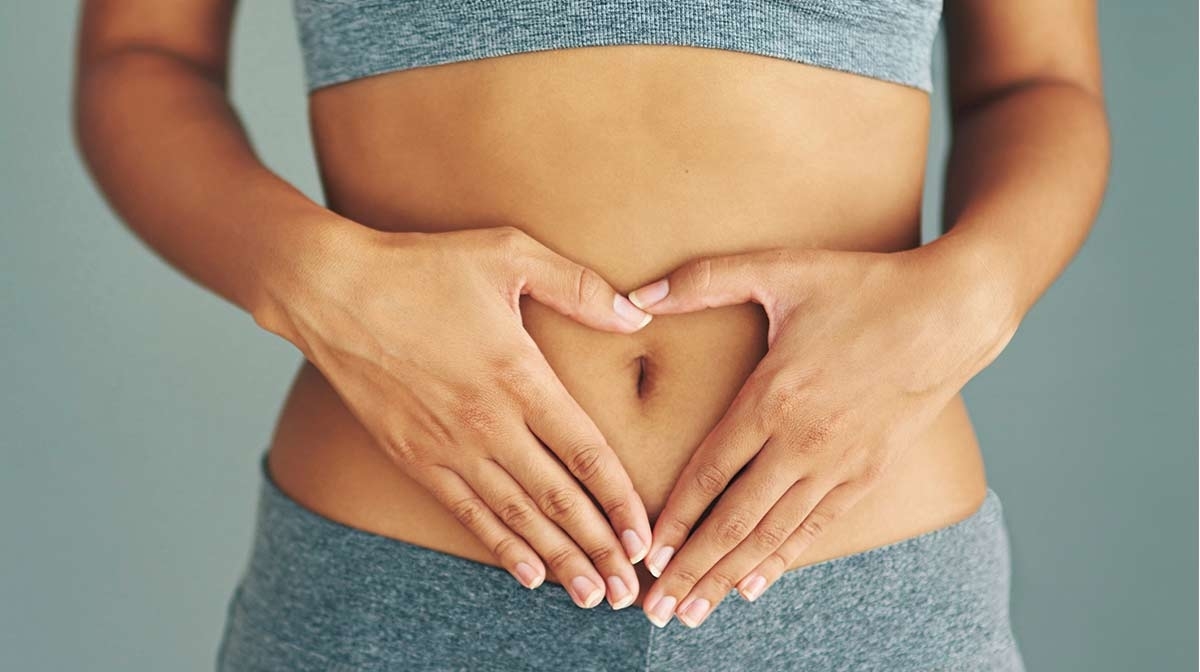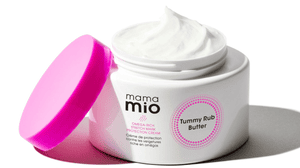First things first – congratulations, mama! Things are about to change and you’re probably feeling a million and one different emotions right now. You and your body are going to change in a lot of ways and in nine months, your life is going to change forever.
Your first trimester is weeks 1 through to 12, when your baby will grow faster now than at any other point in the pregnancy. The first trimester begins on the first day of your last period until the end of week 12. Most don’t even know they’re pregnant until half way through!
As soon as you find out you’re pregnant, you need to tell your GP so that you can get an official antenatal appointment with a midwife. This usually takes place between weeks 8 and 12. You’ll be asked about your medical history and lifestyle and given advice on how to look after yourself during pregnancy. You’ll also be weighed and measured for a BMI and have your blood pressure taken. You might even be able to hear your baby’s heartbeat for the first time! And you’ll be given your official due date.
Here are our top 5 tips for getting through the first trimester:- Coping with morning sickness.More than 80% of women experience nausea in the first 12 weeks – so know you’re not alone. But that thought doesn’t really help when you can barely stomach anything and certain smells make you gag! Some studies have suggested it is an evolutionary trait to protect your baby against toxins, with your revulsion in certain smells and tastes your body’s way of rejecting things. ‘Morning’ sickness isn’t limited to a specific time, it can affect you at any time of day. When you’re feeling particularly sick, eat plain, bland foods like crackers, especially good for having on your bedside table to nibble on when you first wake up. Read more on how to ease morning sickness.
- Start a new ‘diet’.So morning sickness might make having a full, healthy diet difficult so don’t worry too much. But try to eat small, frequent meals and, when you can, as much fruit and veg as possible. Eat the rainbow! Recent research has suggested that in-utero nutrition can have an impact on your baby’s health throughout their entire life. You also might be getting some weird cravings – again, our advice here is to welcome them. Just like your body is rejecting certain things, it’s also craving something and so long as it’s in moderation it might be the only thing you can eat – be it pickles, spicy food or even just ice. But there are some foods you now need to avoid – read more here. And you’re going to need to make some lifestyle changes – obviously, no more smoking or alcohol, and caffeine is strongly discouraged, all of which have been shown to raise the risk of birth defects, miscarriage and health problems. Don’t worry if you were drinking or smoking in the first few weeks prior to knowing you were pregnant – just make sure you quit now.
- Stock up on vitamin supplements.A healthy and varied diet is the best way to make sure you get the right balance of vitamins and minerals. But most healthcare experts advise taking a Folic Acid supplement of 400 micrograms a day as soon as you find out you are pregnant (ideally before) and until 12 weeks. It can help prevent birth defects such as spina bifida.
- Get some zzz’s.During the first trimester, your body is working overtime to create an entire new organ. You’re going to be exhausted and it’s going to be hard work. So whenever and wherever you can, get some shut-eye! Take naps whenever you can – when you get home from work and throughout the weekend. You need as much rest and recuperation as possible, to help support your body through this draining process. Don’t worry, you’ll get more energy in trimester 2! If you’re struggling with pregnancy insomnia, read these tips.
- Take care of yourself – physically and mentally.As you’ll be well aware, the next nine months are going to be some of the most challenging (and eventually rewarding) of your entire life. Make sure you’re looking after yourself physically with the right diet and exercise, but also your mental health. It’s okay to feel anxious and nervous and try not to worry about not getting anything done or taking a back seat at work. You’re going to have good days and bad days, just try and make sure you’re looking after yourself. Treat yourself to a pedicure, get your hair done or just have a nice relaxing bath (at a safely warm 37°C!) and treat yourself to some skincare goodies!







